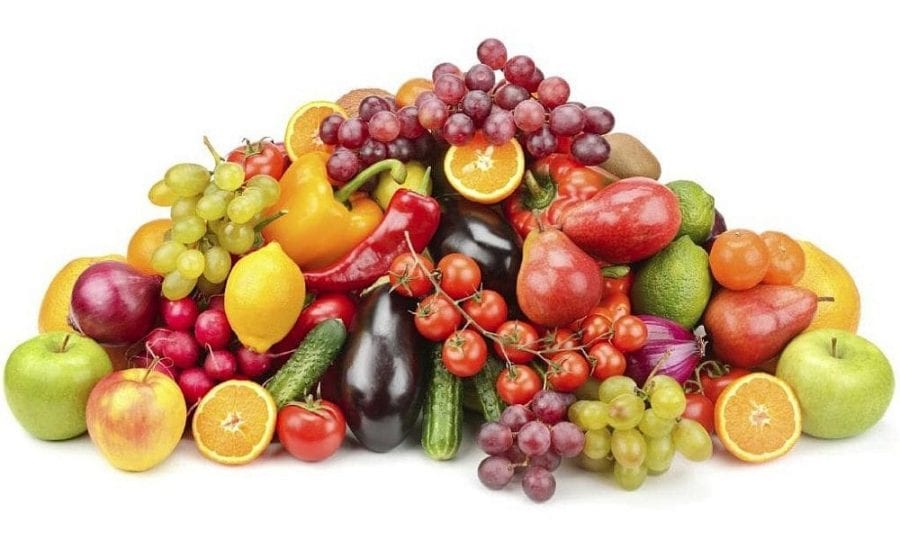
A gout is a form of arthritis that significantly affects men; it causes attacks of joint pain. An abnormally high level of uric acid produced by the degradation of purines is at the origin of gout. The special gout diet is therefore low in purines and aims to reduce the level of uric acid to prevent gout attacks.
A Special Gout Diet Main Points:
- Reduce consumption of purine-rich foods in favor of low purine foods.
- Fill up on vitamin C
- Achieve and maintain a healthy weight
- Avoid saturated fats
- Limiting alcohol consumption
- Benefits of the gout diet on uric acid levels
The Purpose of the Gout Diet is to:
- Decrease consumption of foods rich in purines to lower uric acid levels
- Achieve and maintain a healthy weight
- Improve insulin sensitivity
- Avoid gout attacks
The Link Between Purine-rich Foods, Uric Acid Levels, and Gout Attacks
Gout is induced by excessive uric acid in the blood. This is called hyperuricemia. Uric acid is a waste product that the metabolism typically produces in reasonable amounts. When there is an excess, the uric acid is deposited “drop by drop” in the body in the form of crystals, particularly in the joints.
These deposits then trigger inflammatory reactions that cause acute gout pain and therefore the N°1 priority for gout sufferers is to get fast gout pain relief. The end product of the breakdown of purines is uric acid. While 60% of purines come from dead cells, 35% come from food.
There is a close link between insulin resistance, purine-rich foods, hyperuricemia, and gout attacks.
The special gout diet is not a miracle solution and does not provide treatment, but it can improve daily life by controlling gout attacks.
The Need to Maintain a Healthy Weight by Eating a Special Diet for Gout Attacks
Being with higher weight and having metabolic syndrome are risk factors for gout. Therefore, weight loss can help reduce the risk of gout attacks. However, fasting or a high-protein diet is strongly discouraged.
Indeed, too rapid weight loss and too much protein intake can promote the production of uric acid. On the other hand, gradual weight loss is strongly recommended. This will be achieved by adjusting energy intake, portion size, and quality of diet.
How Can You Lower Your Uric Acid Level Through Diet?
This fact sheet provides a better understanding of how to lower uric acid levels by adopting new eating habits. The first step is to learn about foods rich in purines and how to avoid them. Other complementary measures can also reduce gout attacks by lowering insulin resistance or protecting the liver.
Adopt a low-purine diet to reduce urea and uric acid levels.
By following our recommendations, it will be easy for you to choose foods low in purines and integrate them into your diet. By adding an adequate intake of vitamin C, Omega-3, and protective foods, you will have a much better chance of efficient gout prevention and thus have a better quality of life.
Foods Low in Purines
As part of the special gout diet and to reduce uric acid levels, low-purine foods should be favored during meals. They help prevent attacks and reduce the symptoms associated with gout.
Low purine foods to be promoted as part of the special gout diet are :
Beverages: tea, coffee, water
Cheese
Fruits
Almonds
Low-fat dairy products
Green vegetables
Eggs
Bread and cereals (except wholemeal)
Vegetable soups
Eat Protective Foods
Certain foods are preferred in case of gout. A few studies have shown that the low-fat content of dairy products can help reduce the risk of gout.
It is also recommended that protein, carbohydrate, and fat intakes be spread throughout the day by eating three balanced meals and snacks if necessary.
The Protective Foods in Case of Gout Are :
Low-fat dairy products
Fruits
Vegetables
Walnuts
Pulses
Whole grains
Vitamin C
Some studies suggest that vitamin C intake are related to uric acid levels. Vitamin C could potentially play a protective role, but further studies will be needed to confirm this.
It is therefore recommended that you increase your intake of vitamin C-rich fruits and vegetables.
Vitamin C Best Sources Are:
Red pepper
Papaya
Kiwi
Orange
Mango
Broccoli
Brussels sprouts
Strawberry
Grapefruit
Vegetable Juice
Good Hydration
Adequate hydration would help reduce gout attacks. It recommends drinking at least 2 liters of water a day as dehydration is a risk factor that can trigger gout attacks. Adequate water intake may facilitate the elimination of uric acid.
Coffee is not to be banned. It would even seem that regular and moderate consumption of coffee has a protective effect.
Omega-3
Unlike saturated and trans fatty acids, which are harmful to the health of the liver, omega-3s help fight inflammation and are therefore beneficial as part of the special gout diet.
However, it is essential to be careful and to favor vegetable sources of Omega-3. Indeed, marine sources of Omega-3 are foods that are generally rich in purines.
Foods Rich in Omega-3 to Be Favored in Case of Gout:
Linseed oil
Walnut oil
Rapeseed oil
Walnuts
Lawyer
Chia and flax seeds
Other Recommended Foods :
Turmeric
Garlic
Antioxidants
Physical activity
What Foods Should Be Avoided as Part of the Special Gout Diet?
It is not enough to favor certain foods to combat gout; you should above all, avoid foods rich in purines that increase uric acid levels. Also, some foods are harmful to the liver and can aggravate insulin resistance and gout attacks.
Foods High in Purines
It is advisable to avoid or very strongly reduce the consumption of foods rich in purines as part of the special gout diet. In general, red meat, alcohol, fish, and seafood are associated with an increased risk of gout. It is strongly advised to limit meat consumption to 150g per day to prevent attacks.
Foods Rich in Purines Are :
Anchovies
Offal
Shrimp
Liver
Game
Red meat
Mackerel
Herring
Sardines
Wine sauces
Foods with a moderate purine content are :
Asparagus
Mushroom
Cauliflower
Spinach
Oat flour
Seafood
Pulses
Wholemeal bread and cereals
Freshwater and marine fish
Pea
Meat broths
Bran and wheat germ
Meat and Poultry
Saturated Fatty Acids
Saturated fatty acids reduce the body’s ability to eliminate uric acid. Besides, eating high-fat meals promotes weight gain, which in turn increases the risk of gout. This is a vicious circle that must be paid attention to.
Glucose-fructose Syrup
It is best to avoid products made with glucose-fructose syrup. This common sweetener is a concentrate of sugar and fructose. Fructose is directly metabolized by the liver and could, in the long term, alter its functioning. Glucose-fructose syrup is also known as corn syrup or isoglucose. It’s mainly found in :
Sodas
Sweet fruit drinks
Canned fruit
Sweet flavored yogurts
Bakery Products
Breakfast cereals
Condiments: ketchup, barbecue sauce, jams, etc.
Simple Carbohydrates
Carbohydrates or simple sugars are found in many of our daily foods. In order not to raise blood sugar levels, care should be taken to limit sugary foods. Indeed, the rise in blood sugar induces a high secretion of insulin, which is harmful to the liver, especially in the case of gout.
The primary sources of sugar are :
White sugar, brown sugar, honey, and glucose-fructose syrup
Jams, jellies, spreads
Pastries and baked goods
Cakes and cookies
Breakfast cereals, cereal bars
Fruit juices
Sweets, candy, chocolate
Fruit yogurt
Industrial sauces: ketchup, barbecue, marinades, etc.
Alcohol
Alcohol is one of the main risk factors for the disease. In the case of gout, it is therefore essential to limit your consumption of alcoholic beverages to 1 glass a day, no more than three times a week.
Alcohols that promote the onset of gout attacks are beer, rum, whiskey, gin, and vodka. On the other hand, drinking wine moderately (1 to 2 glasses a day) would not increase the risk of gout. It is also important to note that the amount of alcohol well-tolerated varies from person to person.
Other Foods Not Recommended :
Industrial products
Processed products
Practical Tips for Everyday Life to Reduce Your Consumption of Purine-rich Foods
Limit meat consumption to one meal per day and prefer poultry and lean cuts.
Replace meat with legumes, tofu, or low-fat dairy products.
Sprinkle dishes and desserts with ground chia or flax seeds.
Use fruit sugar in the form of coulis or compote to sweeten desserts.
Read labels carefully and avoid glucose-fructose syrup.
Cook and avoid industrial and processed dishes.
Replace the alcoholic aperitif by a tomato juice or fruit juice cocktail.








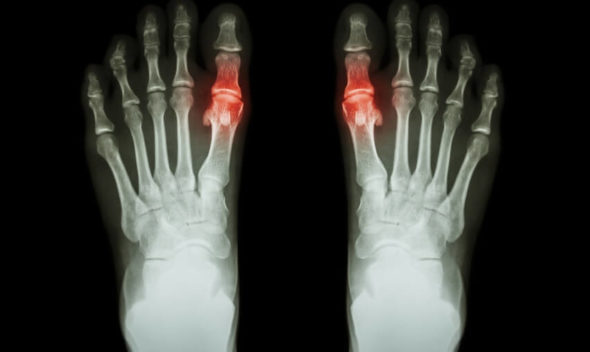

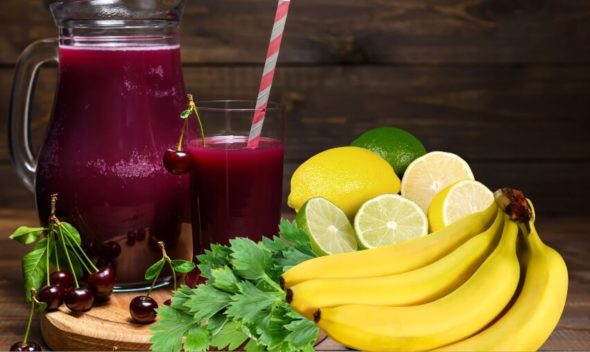
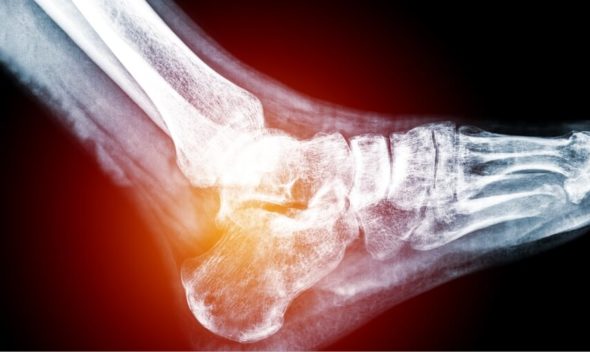
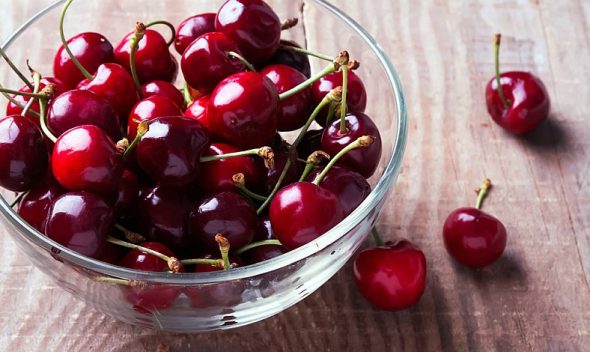
Leave a comment